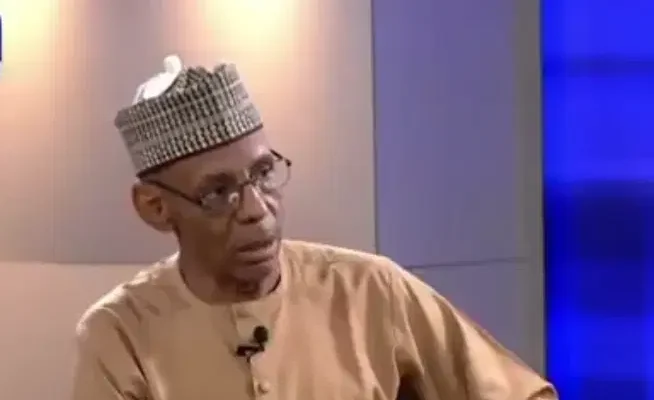Abuja, Nigeria – As Nigeria heads towards the 2027 general elections, a former spokesman of the Northern Elders Forum (NEF) has warned that the North must take decisive steps to resist political and economic marginalisation, urging the region to reevaluate its role in the country’s power dynamics.
In a strongly worded reflection on current national discourse, the ex-NEF spokesman highlighted growing concerns among Northerners over perceived political exclusion, deepening poverty, insecurity, and a decline in quality governance. He said while the region has often been accused of obstructing national progress, it remains vital to Nigeria’s unity and development.
“I have often been asked to explain why the North does or does not take certain political stances. I do not take offence at these questions. As NEF spokesman, I spoke for the North without apology, but also for Nigeria, especially when we raised matters affecting fairness and national unity,” he said.
He noted that other regional groups have equally defended their interests—often in more parochial tones—yet are not held to the same standard. He dismissed the notion that regional advocacy contradicts patriotism, stating: “There is no contradiction between loving Nigeria and defending your own region within it.”
Referencing recent comments by Senator Rabiu Musa Kwankwaso on lopsided federal spending in favour of the South, the former NEF official said the concerns raised resonate with many Northerners. “It is safe to assume that many in the South lost no sleep over Kwankwaso’s complaint,” he added, lamenting a widespread indifference across regions to issues outside their immediate interests.
He pointed out that Nigeria’s structure, shaped by colonial legacies, has always operated along regional lines. The North, he said, had historically defended its disadvantaged position by leveraging its size and political consensus. However, the region is now facing significant internal collapse.
“The North today is weighed down by insecurity, poverty, and a breakdown of its formal and informal leadership structures. It has 19 states and over 400 local government areas, yet it remains the poverty capital of the world,” he stated.
He painted a grim picture of life in Northern communities, where insecurity has emptied villages and crippled farming, while infrastructure, education, and healthcare remain grossly inadequate. “Our children are malnourished, uneducated, and many are now drug addicts or involved in crime. These are the same youths who fall prey to radicalisation and banditry.”
Despite its overwhelming voting population, he warned that the region is being reduced to a political pawn. “Politicians are already eyeing the North as a familiar vote bank, even as efforts are being made to push through major constitutional amendments without its input.”
He accused Northern leaders of failing to protect the region’s interests, noting that many are more concerned with personal political survival. “They receive increased federal allocations but have little to show for it. Their children attend elite schools while children of the poor will bear the burden of today’s debts.”
With the 2027 elections looming, he called on Northerners to reject the role of passive spectators or political victims. “The North must rediscover its strength. It must rally its poor, its alienated youth, and its remnants of visionary leadership to demand justice, fairness, and development.”
He urged political accountability, adding: “Those who claim to represent the North must be judged by their loyalty to its interests. The region should make it clear that it supports a united Nigeria where every region is treated with fairness—but it will not accept second-class treatment.”

Comments